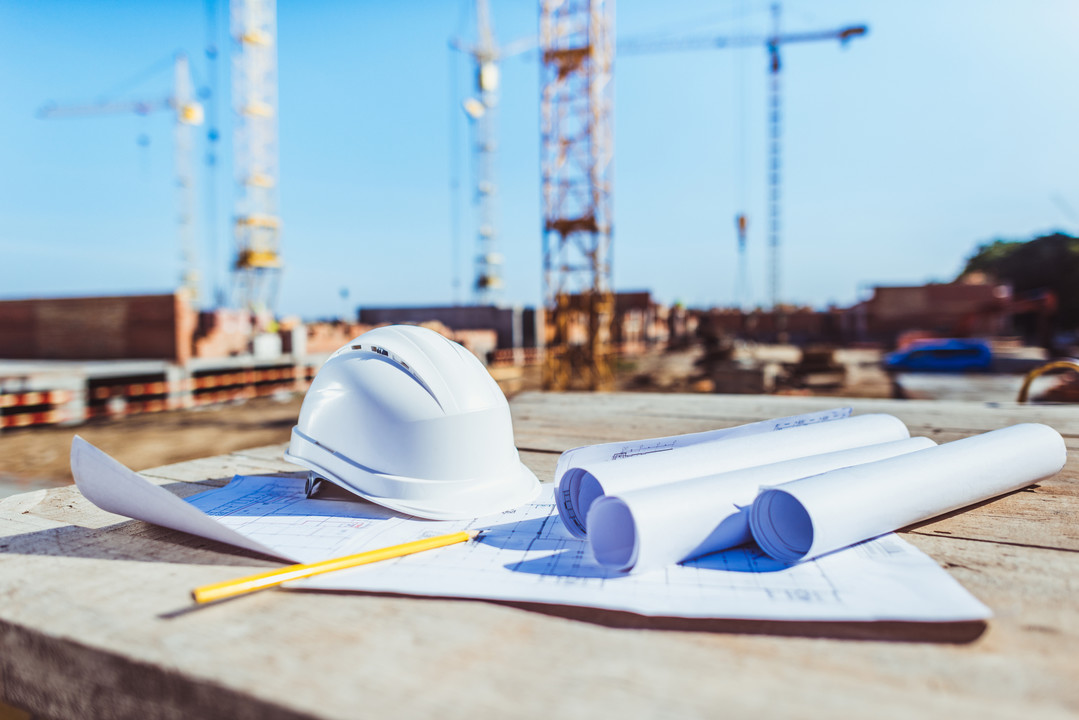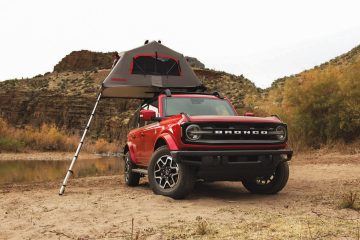Construction projects are notorious for delays. Costs skyrocket, client satisfaction wanes, and reputations can take a hit. But what if there was a way to inject some serious speed into your project? The answer might surprise you: equipment rentals.
Why Buy When You Can Rent?
Let’s talk about the elephant in the room: cost. Heavy machinery is a substantial investment. Purchasing outright ties up a significant portion of your capital, money that could be better allocated elsewhere in your business. Renting, on the other hand, is like borrowing a high-powered tool for a specific job. You pay for what you use, no more, no less.
Beyond financial considerations, storage is another logistical challenge. Where do you house a giant excavator when it’s not in use? Rent it, and that problem vanishes. Moreover, the burden of maintenance is shifted to the rental company, freeing up your resources for core project activities.
The Speed Factor
Renting equipment can dramatically accelerate your project timeline.
- Immediate Access to Specialized Equipment: Need a scissor lift for a high-rise project? A backhoe for digging trenches? You don’t have to wait weeks or months for delivery. Rental companies maintain a fleet of equipment ready for deployment.
- Scalability: Project needs to fluctuate. Perhaps you underestimated the excavation scope or realized the need for a larger crane. With rentals, you can swiftly adjust your equipment lineup.
- Reduced Downtime: Equipment breakdowns are disruptive. When you rent, a replacement is often a phone call away, minimizing project interruptions.
- Increased Productivity: Modern rental equipment is often top-of-the-line, ensuring optimal performance and efficiency.
- Flexibility: Rent only what you require, for as long as you need it, without the long-term commitment of ownership.
- Cost-Efficiency: Avoid the upfront costs of purchasing equipment, as well as ongoing expenses like maintenance, storage, and depreciation.
- Focus on Core Competencies: By outsourcing equipment needs, you can concentrate on your core business operations.
What Kind of Equipment Can You Rent?
The range of rental equipment is vast. From heavy-duty machinery to smaller tools, you can likely find what you require.
Let’s categorize:
Construction Equipment
This encompasses heavy machinery like excavators, bulldozers, cranes, and access equipment such as scissor lifts and boom lifts.
- Excavators: These versatile machines dig trenches, foundations, and remove materials efficiently. Mini-excavators are also available for tight spaces.
- Bulldozers: Used for clearing land, moving earth, and creating level surfaces. Dozer attachments like rippers and scrapers can enhance productivity.
- Cranes: Essential for lifting and transporting heavy loads, accelerating construction pace. Crawler cranes excel on uneven terrain, while mobile cranes offer greater mobility.
- Scissor Lifts: Provide aerial access for tasks like painting, electrical work, and installations. Electric scissor lifts are ideal for indoor use, while diesel-powered models are suitable for outdoor projects.
- Dump Trucks: Transport materials efficiently to and from the job site. Articulated dump trucks excel in off-road conditions.
- Boom Lifts: Offer greater reach and flexibility than scissor lifts, ideal for outdoor and indoor work. Articulating boom lifts can navigate obstacles, while telescopic boom lifts provide extended vertical reach.
- Concrete Pumps: Deliver concrete efficiently to higher levels, speeding up construction. Boom pumps offer flexibility, while line pumps are suitable for larger projects.
- Generators: Ensure uninterrupted power supply for essential equipment. Diesel generators provide longer runtimes, while gasoline generators are more portable.
- Compressors: Supply compressed air for various tools and equipment, including pneumatic drills, nail guns, and jackhammers.
- Backhoe Loaders: Combine the functions of a backhoe and front-end loader for digging and material handling. Excavation services play a pivotal role in construction timelines, especially for tasks like septic system installation, where precision and efficiency are paramount. Leveraging professional expertise ensures that excavation is completed accurately, avoiding delays or costly errors. For specialized services tailored to septic systems, this link provides further insights into trusted solutions that align with your project needs. Efficient equipment rentals can significantly improve construction timelines, especially for specialized projects like septic system installations. Choosing experienced contractors ensures the job is done efficiently and to standard. For those needing professional services for septic tank installation, you can view more about trusted contractors who bring expertise and the right tools to streamline your project while maintaining quality results.
Earthmoving and Material Handling Equipment
Loaders: Move bulk materials like dirt, gravel, and sand. Wheel loaders are versatile, while skid steer loaders are compact for tight spaces.
- Rollers: Compacts soil and asphalt for road construction and site preparation. Pneumatic rollers are suitable for various surfaces, while vibratory rollers provide greater compaction.
- Graders: Create smooth surfaces for roads, driveways, and parking lots. Motor graders are highly maneuverable and efficient.
Gardening and Landscaping Equipment
For site preparation and landscaping, consider renting lawn mowers, mulchers, tillers, and other tools.
- Lawn Mowers: Quickly clear vegetation for construction. Ride-on mowers handle larger areas efficiently.
- Mulchers: Efficiently reduce branches and debris into smaller pieces. Chippers can also handle larger branches.
- Tillers: Prepare soil for landscaping or planting. Cultivators are ideal for breaking up hard soil.
Transport Equipment
Car trailers, box trailers, and flatbed trailers streamline material delivery and site logistics.
- Car Trailers: Transport vehicles or equipment to and from the job site.
- Box Trailers: Securely transport materials and tools.
- Flatbed Trailers: Ideal for hauling large or bulky items.
- Gooseneck Trailers: Transport heavy equipment and machinery safely.
- Utility Trailers: Versatile for hauling various materials and equipment.
- Dump Trailers: Efficiently transport and unload bulk materials.
How to Choose the Right Rental Company
Selecting the right rental company is crucial to a smooth project. Consider these factors:
- Reputation: Research companies with a strong reputation for reliability and exceptional customer service. Look for online reviews, testimonials, and industry recommendations.
- Equipment Condition and Variety: Inspect equipment before renting to ensure it’s in optimal condition. A diverse fleet indicates the company can cater to various project needs. Inquire about equipment age and maintenance schedules.
- Rental Terms and Flexibility: Carefully review the rental agreement, including rental periods, rates, and potential fees. Look for companies offering flexible terms, such as hourly, daily, weekly, or monthly rentals.
- Insurance Coverage: Verify that the rental company’s insurance adequately covers potential damages or accidents. Discuss additional insurance options if needed.
- Equipment Availability: Ensure the desired equipment is available when you need it. Consider companies with a large inventory or those that can source equipment from other locations.
- Pricing and Transparency: Compare rental rates from different companies to find the best value. Seek transparent pricing with no hidden fees or charges.
- Delivery and Pickup Services: Inquire about delivery and pickup options to save time and effort. Some companies offer on-site delivery and pickup, while others require equipment to be picked up from their location.
- Technical Support and Training: Assess the company’s level of technical support and operator training. Some companies offer training sessions or manuals to ensure safe and efficient equipment operation.
- Return Policy: Understand the company’s return policy in case you need to return equipment early or if there are issues.
- Customer Service: Evaluate the overall customer service experience. A responsive and helpful customer service team can make a significant difference.
Conclusion
Incorporating equipment rentals into your construction project can significantly enhance efficiency and speed. Through immediate access to specialized technologies, increased capacity, and reduced interruptions, rentals are capable of transforming operations. Make sure that the project’s specific needs are assessed carefully and select a rental company which is in line with your objectives when deciding to rent.



